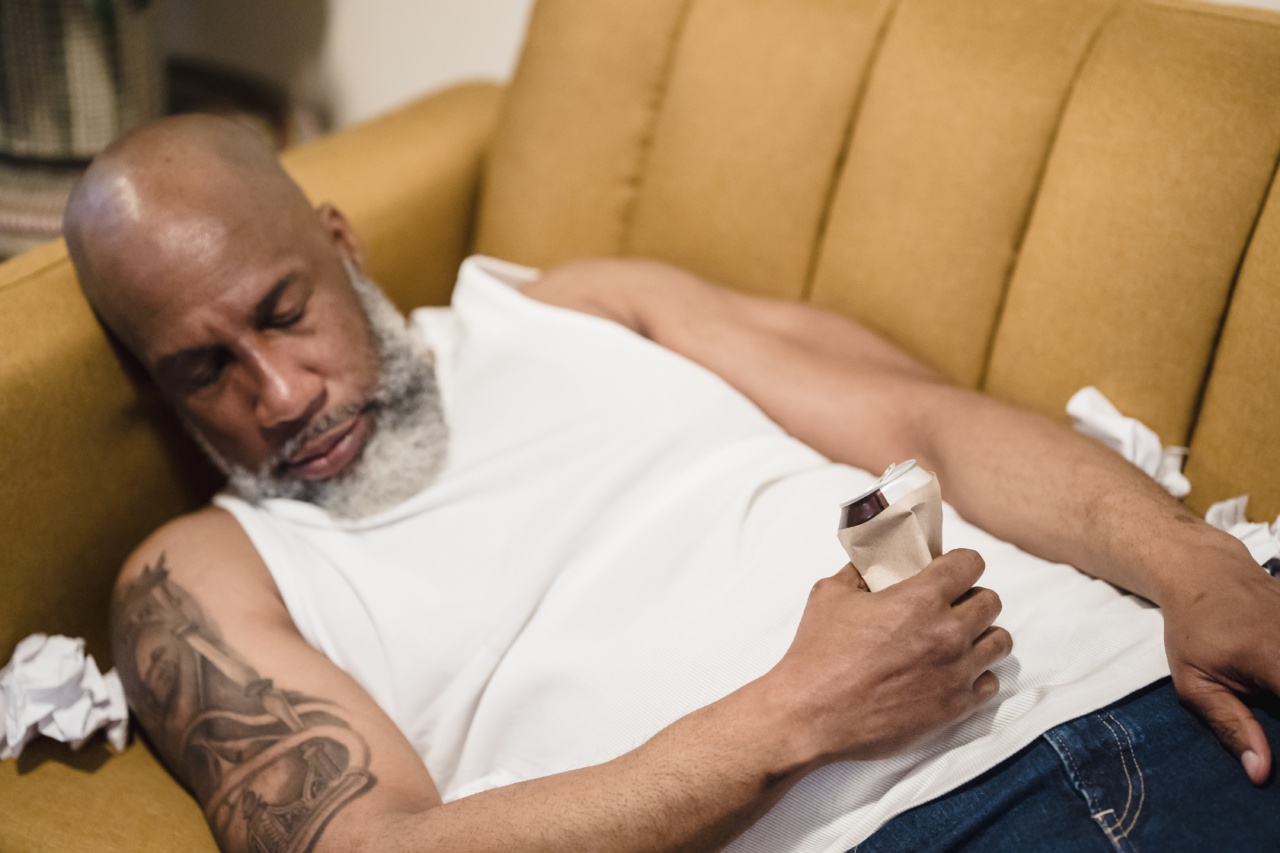Hearing loss and sleep apnea are two prevalent health conditions that affect millions of people worldwide. Both of these conditions can have a significant impact on a person’s quality of life and overall well-being.
But are hearing loss and sleep apnea linked? In this article, we will explore the connection between these two conditions and discuss the potential causes and implications of their association.
The Basics of Hearing Loss
Hearing loss is a common condition characterized by a partial or complete inability to hear sounds in one or both ears.
It can occur due to various reasons, including aging, exposure to loud noises, genetic factors, ear infections, and certain medications. Hearing loss can range from mild to severe, and it can have a profound impact on a person’s ability to communicate and engage in daily activities.
The Basics of Sleep Apnea
Sleep apnea, on the other hand, is a sleep disorder that involves repeated interruptions in breathing during sleep.
These interruptions, known as apneas, can occur due to the relaxation of the muscles in the throat, blockages in the airway, or a combination of both. Sleep apnea can lead to fragmented sleep, daytime sleepiness, and a range of other health issues if left untreated.
Link Between Hearing Loss and Sleep Apnea
Although hearing loss and sleep apnea may seem unrelated, recent research suggests that there might be a connection between the two.
A study published in the Journal of Clinical Sleep Medicine found that individuals with sleep apnea were more likely to experience hearing loss compared to those without the condition.
The exact mechanism behind this link is not yet fully understood, but there are several theories.
One possibility is that sleep apnea-related changes in oxygen levels and blood flow could contribute to damage in the delicate structures of the inner ear responsible for hearing. Another theory suggests that the shared risk factors, such as obesity and cardiovascular disease, may be responsible for the connection between these two conditions.
Effects of Sleep Apnea on Hearing
Several studies have examined the impact of sleep apnea on hearing.
One study conducted at the University of Michigan found that individuals with moderate to severe sleep apnea had a significantly higher risk of both high- and low-frequency hearing loss compared to those without the disorder.
Another study published in the journal Otology & Neurotology found that sleep apnea may accelerate age-related hearing loss.
The researchers observed that individuals with sleep apnea had poorer hearing thresholds, suggesting a potential link between the two conditions.
Treating Sleep Apnea to Improve Hearing Health
If you have both sleep apnea and hearing loss, it is essential to address both conditions independently. Treating sleep apnea can help reduce the risk of further hearing damage and potentially improve existing hearing loss.
The most common treatment for sleep apnea is continuous positive airway pressure (CPAP) therapy. It involves wearing a mask during sleep that delivers a constant flow of air, keeping the airway open and preventing apneas.
By consistently using CPAP therapy, individuals with sleep apnea can experience relief from symptoms and improve their overall sleep quality.
In addition to CPAP therapy, lifestyle changes such as weight loss, regular exercise, and avoidance of alcohol and sedatives can also be beneficial in managing sleep apnea.
Consulting with a healthcare professional is crucial to determine the most suitable treatment options based on individual circumstances.
Protecting Hearing Health
While treating sleep apnea is essential, it is equally crucial to take steps to protect and preserve hearing health. Some measures that can help mitigate the risk of hearing loss or further damage include:.
- Limiting exposure to loud noises: Avoid excessive noise or wear ear protection, such as earplugs or earmuffs, in noisy environments.
- Getting regular hearing check-ups: Schedule routine hearing evaluations to detect any changes in hearing ability and address them promptly.
- Avoiding ototoxic substances: Certain medications and chemicals can be harmful to the ears. Consult a healthcare professional about the potential side effects of any medications being taken.
- Practicing good sleep hygiene: Establish a regular sleep routine and create a sleep-friendly environment to promote restful sleep.
Conclusion
Hearing loss and sleep apnea are two prevalent health conditions that can significantly impact a person’s well-being. While the exact relationship between these two conditions is still being studied, research suggests a potential association.
Individuals with sleep apnea may have an increased risk of developing hearing loss and should seek appropriate treatment to mitigate this risk. Likewise, those with hearing loss should take steps to protect their hearing health and address any potential sleep apnea concerns. By understanding the potential link between these conditions, we can work towards better overall health and well-being.





























